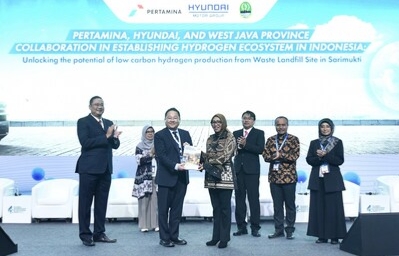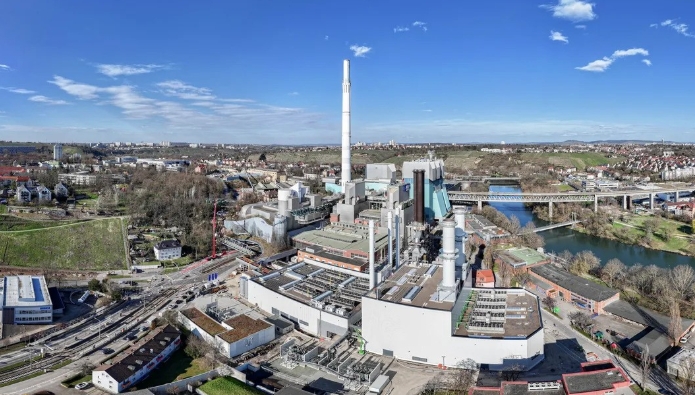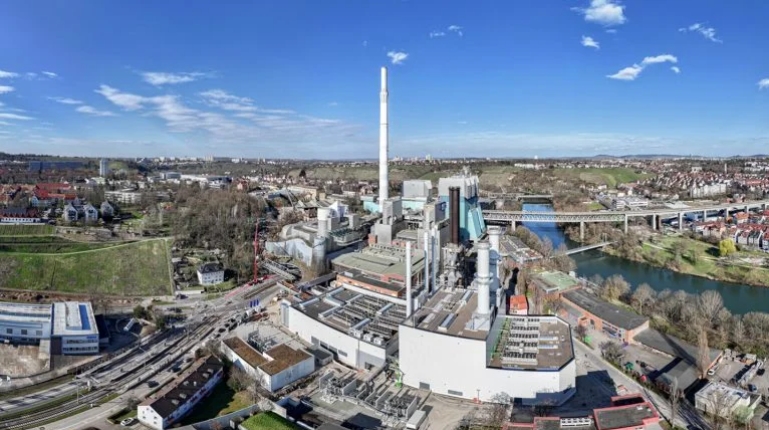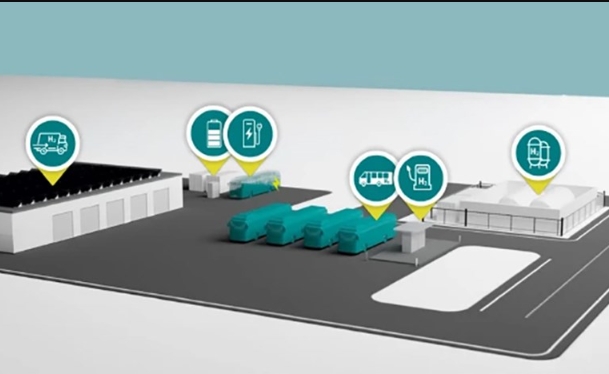As part of its ambition to reduce oil and gas production and raise investments in clean energy, BP has been cutting staffing levels at its oil and gas exploration division since Bernard Looney became chief executive at the UK-based supermajor a year ago.

The upstream division has seen the number of scientists, geologists, and engineers drop to fewer than 100 from 700 just a few years ago, after Looney—who was chief executive of BP’s Upstream before taking over as group CEO in February 2020—announced a new direction for the company, quoting former and current employees at BP.
According to those sources, hundreds of people from the oil and gas exploration teams from Houston to London have left the division in recent months. Some of them have been transferred to other divisions focused on clean energy, but others have been laid off.
Looney announced a major restructuring drive at BP after taking over as CEO, becoming one of the first executives to say that the oil corporation he leads plans to become a net-zero company by 2050 and sooner.
In support of that plan, and in the wake of the oil demand and oil price collapse in the pandemic, BP said last June that it would cut 10,000 jobs, or around 15 percent of its workforce, as it looks to cut costs and reinvent itself as an integrated energy company from an international oil company.
A few months later, BP said it would boost its investment in low-carbon energy ten times to US$5 billion a year and reduce oil and gas production by 40 percent by 2030.
Around three-quarters of the 10,000 job cuts BP announced will be layoffs, Reuters reported in October 2020, citing an internal memo and sources in the supermajor.
Some 2,500 employees at BP have applied for voluntary redundancies, including 500 staff in senior roles, the memo seen by Reuters showed.
The other three-quarters will be layoffs, many from office-based positions and from the oil and gas division.
This article is reproduced at oilprice.com







